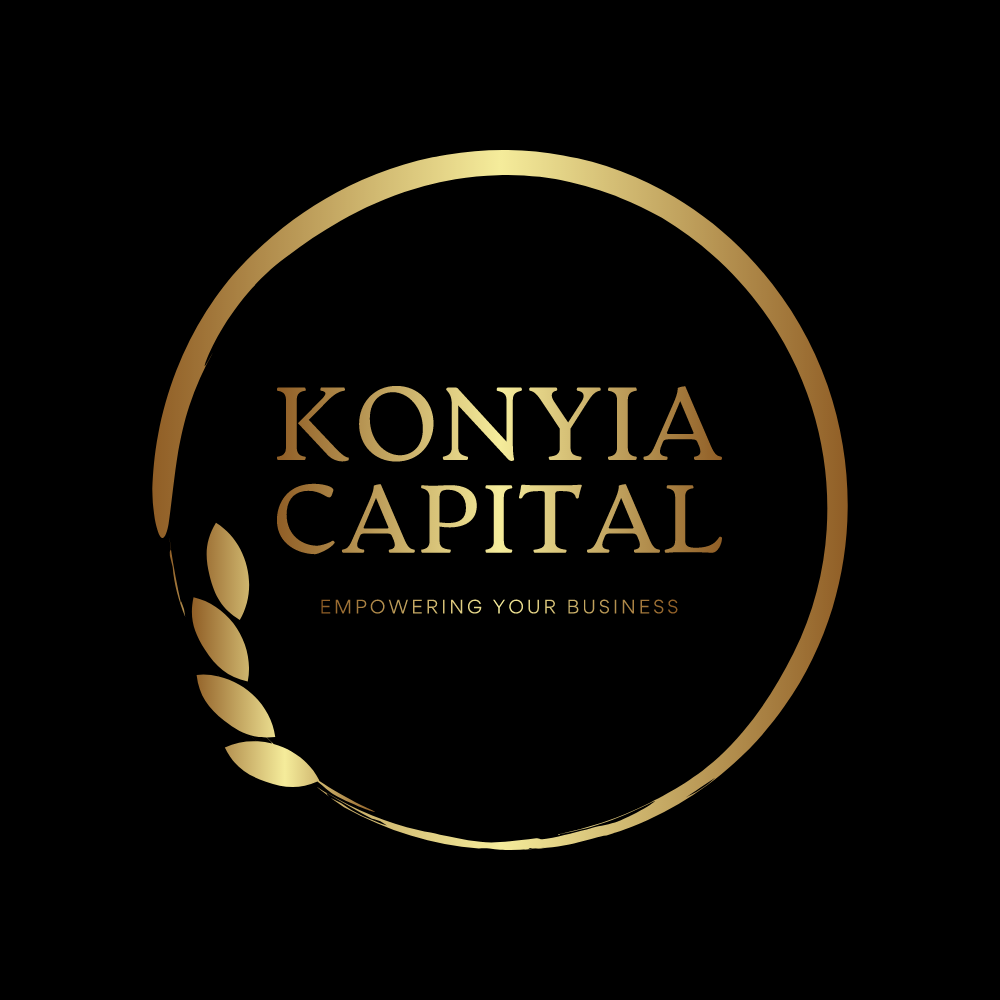Securing a large business loan can be a pivotal step for many companies looking to expand, innovate, or navigate challenging financial landscapes. Understanding the intricacies of large business loan requirements is essential for making informed decisions and positioning your business for success.
Large business loans typically involve borrowing substantial sums of money, often exceeding $500,000. These loans are designed to meet significant financial needs, such as purchasing new equipment, acquiring real estate, or funding large-scale operational expansions. Unlike smaller loans, the approval process for large business loans is more stringent, requiring a comprehensive understanding of what lenders are looking for.
One of the first steps in understanding these loans is recognizing the importance of a solid business plan. Lenders want to see a clear and detailed plan that outlines how the borrowed funds will be used and how the business intends to repay the loan. This includes detailed financial projections, market analysis, and a strategy for growth.
Another key element is the creditworthiness of the business and its owners. Lenders will scrutinize credit scores, financial statements, and the overall financial health of the business. It’s crucial to have accurate and up-to-date financial records, including balance sheets, income statements, and cash flow statements.
Collateral is also a significant consideration. Many large business loans require collateral to secure the loan, such as real estate, equipment, or other valuable assets. This provides the lender with a form of security, reducing their risk.
By understanding these fundamental aspects of large business loans, entrepreneurs and business owners can better prepare for the application process and increase their chances of securing the necessary funding. Unlock Your Business Potential Today with Konyia Capital! Let’s Fuel Your Success Together – Apply Now!
Eligibility Criteria for Large Business Loans
When it comes to securing significant funding, understanding the eligibility criteria for large business loans is crucial. Lenders set specific criteria to ensure that borrowers have the capability to repay the loan while showcasing financial stability and business viability.
Firstly, a strong credit history is essential. Lenders will assess both the business’s and the owners’ credit scores. A high credit score demonstrates financial responsibility and a lower risk of default. Typically, a score above 680 is considered favorable, though some lenders may have higher requirements.
Secondly, the financial health of the business is scrutinized. This includes reviewing financial statements such as balance sheets, income statements, and cash flow statements. Lenders look for consistent revenue streams, profitability, and positive cash flow. Demonstrating a history of strong financial performance can significantly enhance your eligibility.
Moreover, the length of time in business is another critical factor. Businesses that have been operational for several years are often viewed as less risky compared to startups. Generally, a minimum of two years in business is preferred by most lenders.
The purpose of the loan also plays a role in determining eligibility. Lenders want to ensure that the borrowed funds will be used for viable and productive purposes, such as expansion, equipment purchase, or working capital. A comprehensive business plan outlining the loan’s purpose and expected outcomes can bolster your application.
Collateral is often required for large business loans. Tangible assets like real estate, inventory, or equipment can be used to secure the loan. This reduces the lender’s risk and can improve your chances of approval.
By meeting these eligibility criteria, businesses can position themselves as trustworthy and capable borrowers, paving the way for successful funding applications.
Key Financial Documents Required

When applying for a large business loan, having the right key financial documents ready is essential to expedite the process and demonstrate your company’s financial health. Lenders rely heavily on these documents to assess the viability and stability of your business.
One of the most critical documents is the balance sheet. This financial statement provides a snapshot of your company’s assets, liabilities, and equity at a specific point in time. It helps lenders understand what your business owns versus what it owes, giving a clear picture of your net worth.
Another vital document is the income statement, also known as a profit and loss statement. This document details your company’s revenues, expenses, and profits over a period of time. Lenders review this to gauge your business’s profitability and operational efficiency.
The cash flow statement is equally important. It illustrates how cash moves in and out of your business, highlighting your ability to generate cash to meet obligations. A healthy cash flow is a strong indicator of your business’s financial resilience.
Additionally, having tax returns for the past few years is crucial. These provide a verified historical record of your business’s earnings and can be used to cross-verify the figures presented in your financial statements. Lenders often require at least three years of tax returns.
Finally, an accounts receivable aging report can be very useful. This document categorizes your receivables by the length of time an invoice has been outstanding, helping lenders assess the quality of your customer base and your collection efficiency.
Having these key financial documents organized and readily available not only facilitates a smoother loan application process but also strengthens your case for receiving the necessary funding.
Collateral and Security Requirements

Securing a large business loan often involves meeting specific collateral and security requirements. Lenders seek assurance that their investment is protected, and collateral serves as a safety net in case of default.
Collateral typically includes tangible assets such as real estate, equipment, or inventory. These assets can be leveraged to guarantee the loan. For example, if a business owns property, the lender may place a lien on the real estate, giving them the right to seize the property in the event of non-payment.
In addition to tangible assets, accounts receivable and intellectual property can also be used as collateral. Accounts receivable represent money owed to the business by its customers and can be pledged to secure a loan. Similarly, patents, trademarks, and copyrights, which hold significant value, can be utilized as collateral.
Lenders often require a personal guarantee from business owners, especially in cases where the business itself lacks sufficient assets. A personal guarantee means that the owner’s personal assets, such as their home or savings, can be used to repay the loan if the business defaults. This requirement underscores the lender’s need for assurance and the borrower’s commitment to repaying the loan.
Another consideration is the loan-to-value (LTV) ratio. This ratio compares the loan amount to the appraised value of the collateral. Lenders use the LTV ratio to determine the level of risk associated with the loan. A lower LTV ratio indicates less risk, making it more likely for the loan to be approved.
Meeting collateral and security requirements is a critical step in obtaining a large business loan. By providing adequate collateral, businesses can enhance their credibility and increase their chances of securing the necessary funding.
Application Process for Large Business Loans

The application process for large business loans can be complex, yet understanding each step can significantly enhance your chances of success. The journey begins with a thorough assessment of your financial needs and the preparation of necessary documentation.
First, conduct a detailed evaluation of your business’s financial health. This includes an analysis of your income statements, balance sheets, and cash flow statements. Lenders require these documents to assess the viability and stability of your business. Ensure all records are up-to-date and accurately reflect your financial position.
Next, prepare a comprehensive business plan. This should include an overview of your business, market analysis, organizational structure, product or service offerings, and a clear strategy for growth. A well-crafted business plan demonstrates your preparedness and commitment to lenders.
Once your financial documents and business plan are ready, identify potential lenders. Research various financial institutions, including banks, credit unions, and alternative lenders, to find those that offer loan products suitable for your needs. Pay close attention to interest rates, repayment terms, and any additional fees.
After selecting a lender, complete the loan application form. This form typically requires detailed information about your business, including its legal structure, ownership, and financial projections. Be prepared to provide collateral details and a personal guarantee if required.
The lender will then review your application, a process that may involve an in-depth analysis of your credit history, financial statements, and business plan. During this review, lenders may request additional information or clarification on certain aspects of your application.
If the lender approves your application, they will present you with a loan offer. Carefully review the terms and conditions, paying special attention to the interest rate, repayment schedule, and any covenants. Should you accept the offer, the final step involves signing the loan agreement and receiving the funds.
By understanding and meticulously following the application process for large business loans, you can improve your chances of securing the necessary funding to drive your business’s growth and success.
Tips for a Successful Loan Application

Securing a large business loan can be a game-changer for your company, and following these tips for a successful loan application can make a significant difference. To increase your chances of approval, consider these key strategies:
- Maintain a Strong Credit Score: Both your personal and business credit scores play a crucial role in the approval process. Ensure that you consistently pay bills on time and reduce any outstanding debts to improve your credit rating.
- Prepare Comprehensive Documentation: Lenders require a variety of documents, including financial statements, tax returns, and a well-detailed business plan. Keeping these documents organized and readily available will streamline the application process.
- Demonstrate Financial Stability: Show lenders that your business is financially stable by maintaining healthy cash flow and profitability. Highlight any consistent revenue streams and cost management strategies in your application.
- Build a Relationship with Your Lender: Establishing a rapport with potential lenders can be beneficial. Regular communication and demonstrating your business acumen can help build trust and credibility.
- Clearly Define Your Loan Purpose: Be specific about why you need the loan and how you plan to use the funds. Clearly defined goals and a solid plan for utilizing the loan can reassure lenders of your commitment to business growth.
- Seek Professional Advice: Consulting with a financial advisor or a loan broker, like Konyia Capital, can provide valuable insights and guidance throughout the application process. They can help you identify potential pitfalls and improve your overall application.
By adhering to these tips, you can present a compelling case to lenders, increasing your chances of securing the funding you need. Remember, preparation and attention to detail are key.
Unlock Your Business Potential Today with Konyia Capital! Let’s Fuel Your Success Together – Apply Now!

